Is it safe to travel to Colombia? Everything you need to know about the country's safety for travelers
Wondering is it safe to travel to Colombia? Here is everything you need to know, from health safety to general safety tips to info about Colombia's most popular cities.
6min
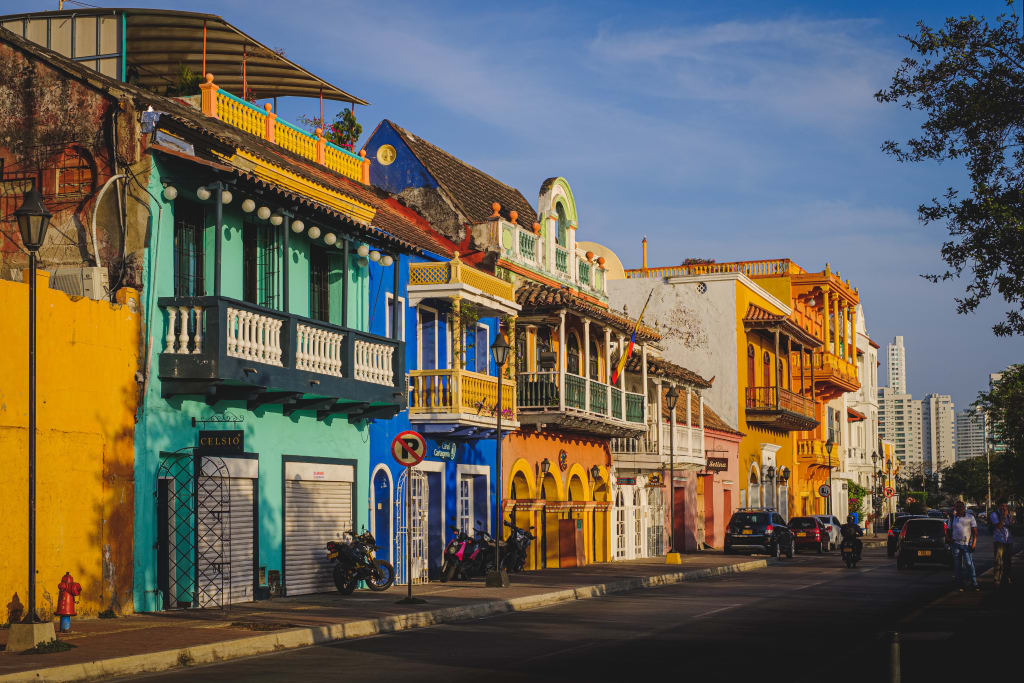
Colombia is a vibrant, exciting country in the north of South America. It has an extremely diverse landscape, with the warm Caribbean Sea in the north, the dramatic Andes Mountain in the center, and the lush Amazon Rainforest in the south and east.
There are beaches, jungles, mountains, and grasslands. There are also small local towns, massive metropolitan cities, and delightful local cuisine, music, art, and culture.
Colombia has also had a tumultuous history, full of colonial conflicts, political instability, and violent drug cartels. Though most of this drama is in the past, there is still a stigma that Colombia is a dangerous place.
But that is not the case! Many people may be asking themselves: “Is it safe to travel to Colombia right now?”. This article will explore that topic, and hopefully leave you with a better understanding of safety in Colombia.
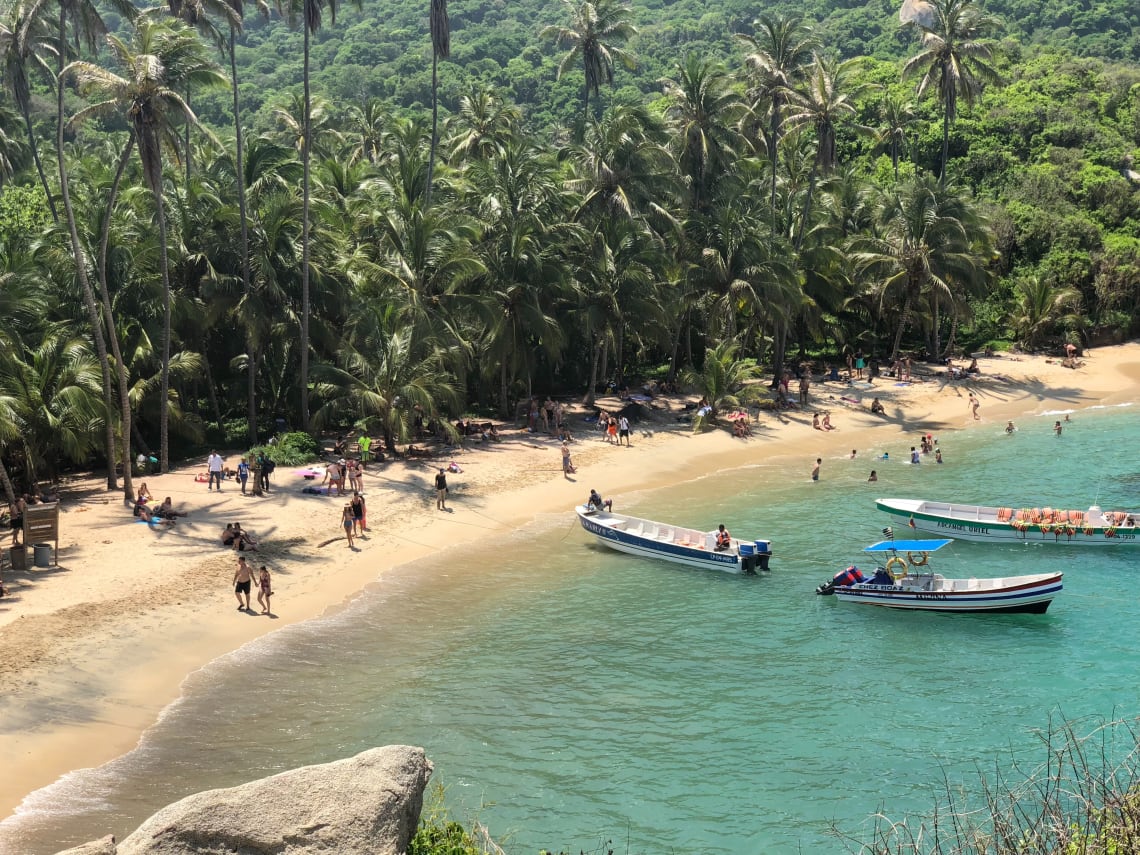
Is it safe to travel to Colombia?
Let’s dive into some of the topics that make a country safe or not. We’ll talk about common crimes that occur, as well as health issues.
Both of these can affect the safety of a country, so it’s important to consider both before you book a trip anywhere in the world.
Common crimes
The crime rate in Colombia has fallen dramatically in the last couple of decades. Back in 1990, when drug cartels were at a high point, the crime rate was at an all-time high.
But since 1990, the crime rate has decreased. Starting in 2002, the crime rate decreased every single year, and now it is the lowest it has ever been in the 21st Century. So though there is still some crime in Colombia, the overall crime rate is extremely low compared to what it used to be in the 20th Century.
As for the common crimes in Colombia, there are not as many as you’d expect. If you stick to touristy areas, the most crime you may encounter is petty theft and robbery, illegal drug use, and corruption or scams.
Violent crimes like murder, kidnappings, and terrorism, are still prevalent but mostly in rural areas. Arauca, Cauca, and Norte de Santander Departments currently have a travel warning because of the widespread crime in those areas.
But it is pretty rare to see anything like that in touristy areas. Some Colombian cities, like Bogota, actually have lower violent crime rates than some US cities.
It is important to keep in mind that crime can occur anywhere, in any country. As long as you are smart and act responsibly while traveling, you shouldn’t let the fear of crime stop you from exploring the world.
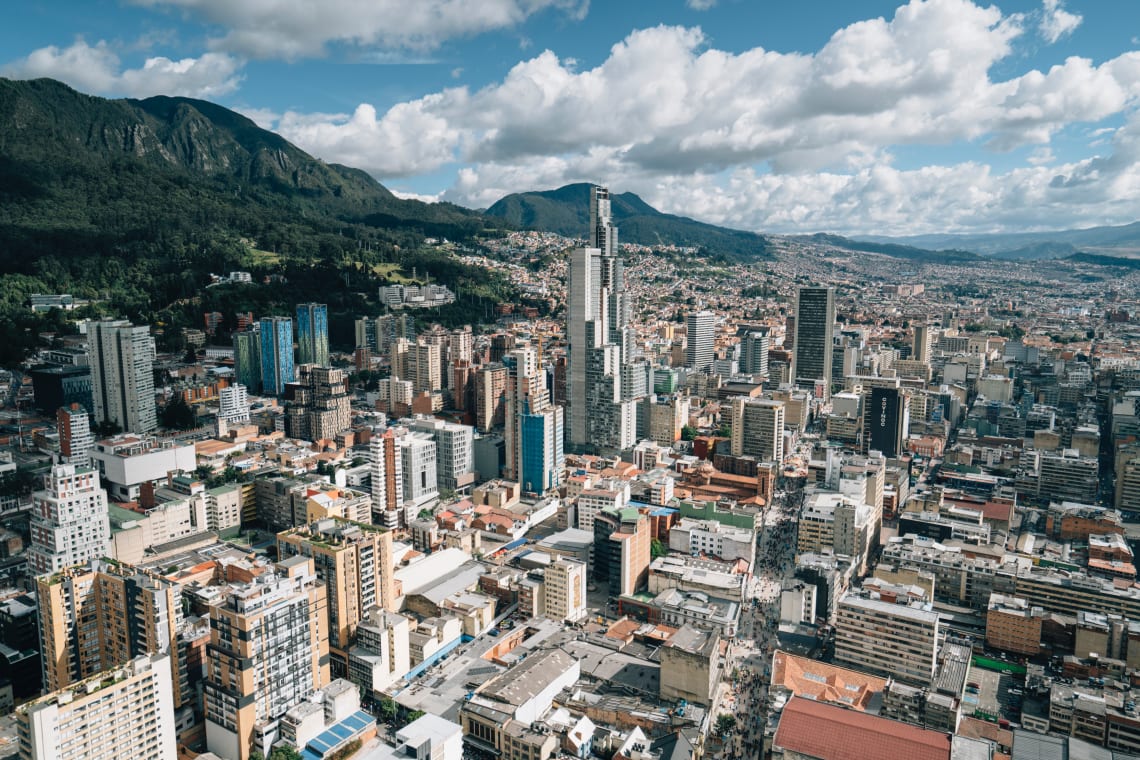
Health Issues
As for health safety in Colombia, there are only a few things you may need to consider.
First, of course, is COVID-19. The pandemic reached Colombia just like any other country in the world, so it is recommended to be double vaccinated against COVID-19 before you travel.
You may also want to be up-to-date on all the usual modern vaccines, such as chickenpox, measles, shingles, hepatitis, tetanus, etc. No matter where you are traveling, it’s a good idea to be up-to-date on all your vaccines and to have travel insurance just in case something happens.
Also, consider the prevalence of rabies and malaria. Both of these are more common in rural, remote areas. So if you’re heading out of the big cities, consider getting malaria prevention medication.
As for rabies, it’s only worth worrying about this if you’re going to rural areas and will be around animals. You can get rabies shots before your trip, or just be sure to get emergency rabies shots immediately after getting any sort of animal-caused abrasion.
So those wondering if Colombia is safe to visit for health, the answer is yes. But if you are leaving the big cities, consider preventative action to protect yourself from rabies or malaria.
Tips to stay safe in Colombia
Here are some extra safety tips for Colombia. We’ll mention both health safety tips and general safety tips. The general safety tips can apply to anywhere in the world!
Health safety tips:
- Tap water is generally safe in Colombia, especially in mountainous areas.
- Consider a water purifying bottle if you’re heading to rural areas.
- Always wear bug spray to protect against bug-carrying diseases
- Wear sun protection, both at the beaches and in the mountains where the altitude is higher.
- Have travel insurance in case you need emergency medical attention.
General safety tips:
- If you’re traveling alone, avoid exploring alone at night.
- Try to explore with a friend! Having an extra person with you always increases safety.
- Lock up your valuables in your hostel or hotel, and consider luggage locks.
- Have copies of your passport and IDs just in case it gets lost or stolen.
- Don’t wear flashy jewelry and expensive clothes; it can make you a target for pickpockets.
- Try to learn some of the local language (Spanish)!
And lastly, consider doing a Worldpackers work exchange!
This is one of the most important safety tips. A work exchange means you will be living and working with locals, which is a great way to learn about the local culture and customs. Your local hosts will look out for you and let you know where are the safest places to go.
Worldpackers is a platform made to connect the travelers with the locals who need help in their businesses and are willing to provide free accommodation in exchange. All you need to do is find the best fit for you and reach out.
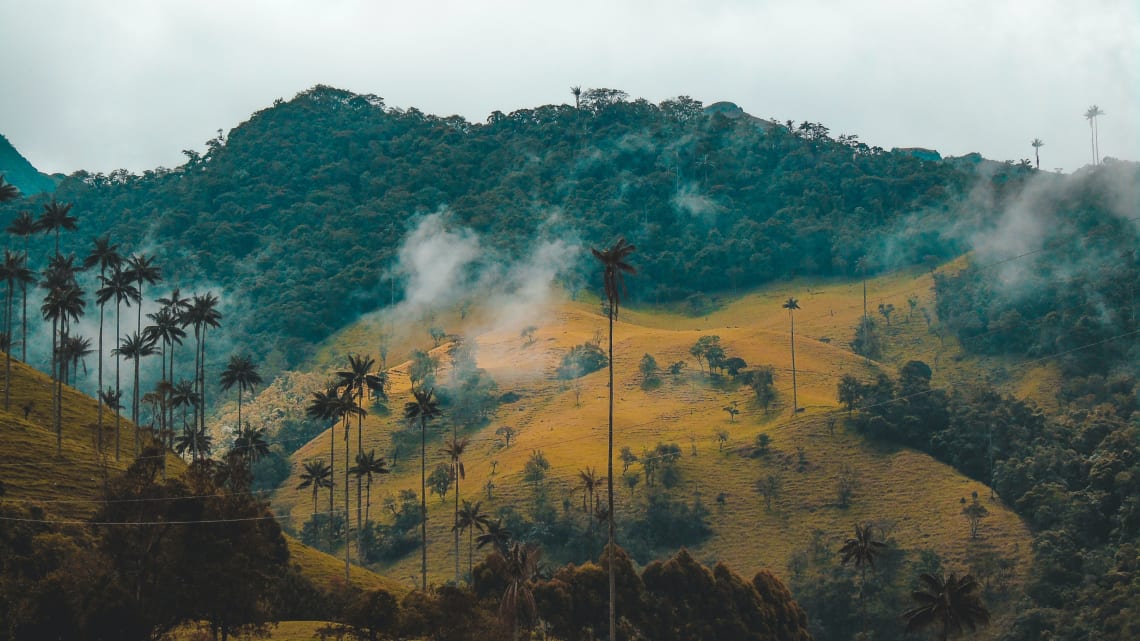
Are Colombian cities safe to visit?
If you’re traveling to Colombia, chances are you’ll visit one or more of these popular tourist destinations. Here is a quick overview of the main Colombian cities and if they are safe to visit.
Bogota
Bogota is pretty safe for tourists, although you may still encounter some petty crimes like theft or pickpocketing, so just ensure your belongings are kept safe. When out exploring, leave most of your valuables at home and only take what you need for the day. And always explore with a buddy at night. Bogota has lots of fun neighborhoods and delicious food and coffee.
Cartagena
Cartagena is extremely safe because there is rarely any violent crime against tourists. There is also a strong police presence. It is one of Colombia’s safest cities, especially for tourists.
Medellín
Overall it is one of the country’s safest cities. It is safer than Bogota, though there is still sometimes petty theft against tourists. Medellin is also much safer during the day than at night time. Stick to the safe, touristy areas of Medellin and you shouldn’t have any problems with safety.
With Worldpackers volunteer positions, you can live like a local and learn more about the culture. You can check the cities pages here: Bogota, Cartagena and Medellín and search for the position that suits you the best!
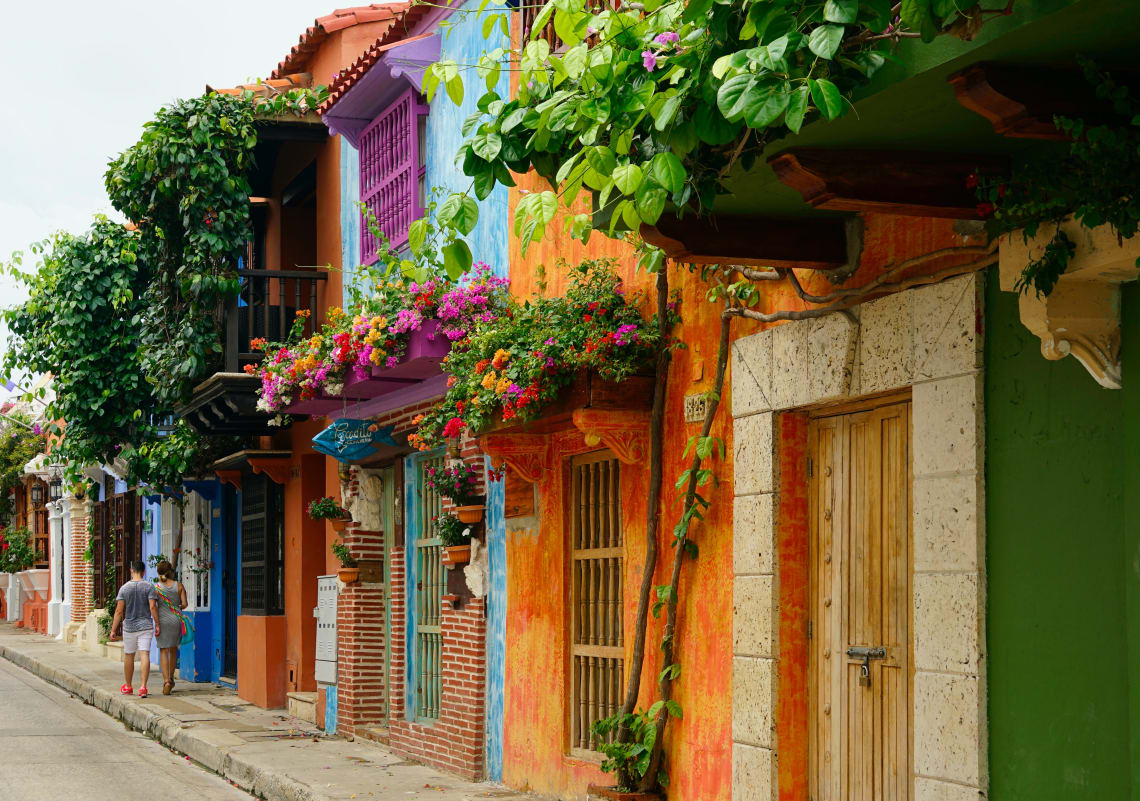
Overall, Colombia is a safe country to visit, and it continues to become safer and safer every year. Colombia has had a turbulent past, but the increased tourism, infrastructure, and police presence have helped turn this beautiful country into a popular travel destination.
The big cities are very safe, even safer than some US cities. Just be smart and use common sense. Avoid exploring alone and at night. Even if you visit rural areas, the locals are warm and welcoming, just be wary of diseases and take the necessary precautions.
And if you really want to stay safe in Colombia, travel with Worldpackers. Living and working alongside locals will help you learn about the local culture, and you’ll have an insider scoop on the safest areas to visit.
Get to know the beautiful city of Palomino.
If you like these tips, follow Worldpackers social media to keep up with the news: we are on Instagram, Tiktok and YouTube!












Hasan
May 19, 2023
🥰
Ikboljon
Jul 02, 2023
Как я стат участьником
Ikboljon
Jul 02, 2023
Кто знает помогите мне пожалуйста
KUBILA
Jul 28, 2023
I love it